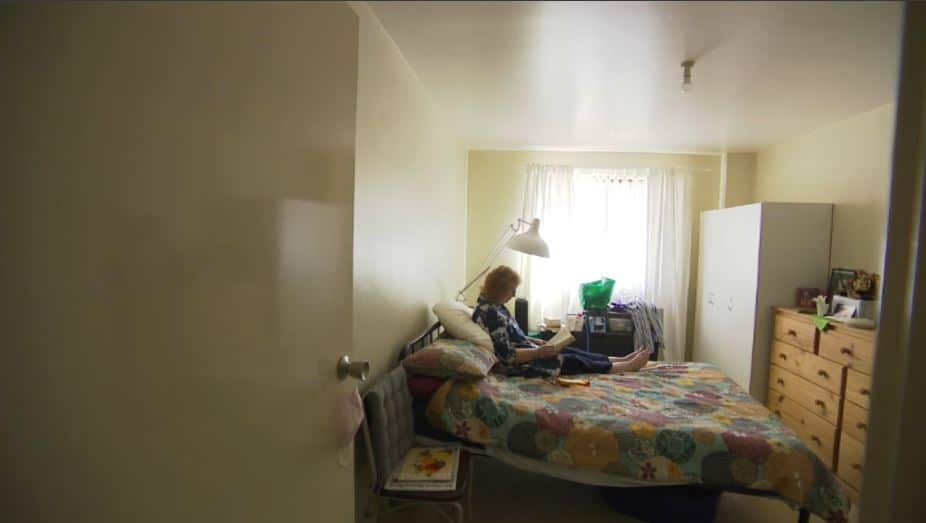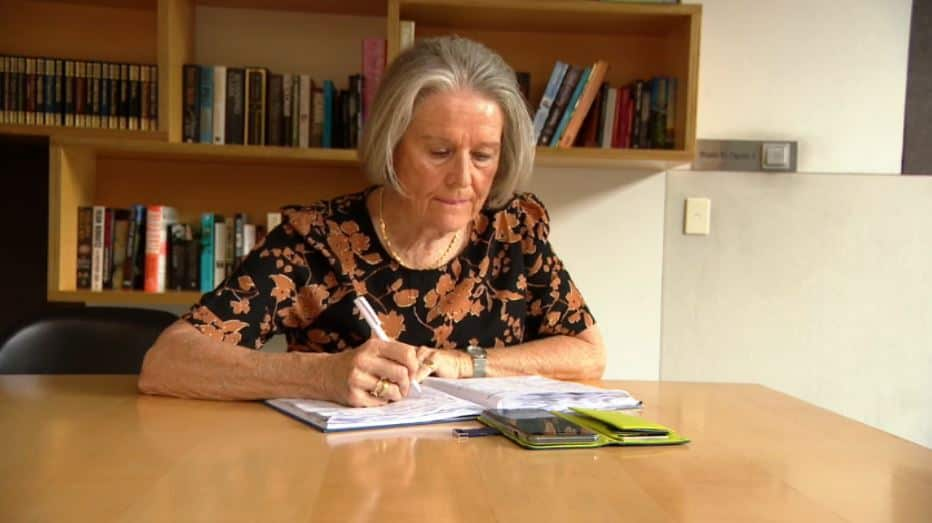As smoke from bushfires raging across parts of the country shrouded major cities at the start of December, Marion Rae shut the windows and doors of her inner-west Sydney home and waited.
The 69-year-old, who lives alone, didn't open them again to leave her house until February.
Suffering severe asthma, she feared what would happen if she went outside and was exposed to the poor air quality.
“It's been a constant avoidance battle week after week, after week … it's very, very scary because I'm kind of stuck alone with it, I live alone,” she told SBS News.
"I've got a complex allergic asthma, so I get massive swelling, I'm unrecognisable when it happens."

At times this summer, Sydney recorded air pollution levels 11 times higher than the level deemed hazardous, while Canberra's air quality was repeatedly rated the worst in the world this summer.
"It's been really isolating, I haven't been able to visit friends," Ms Rae said.
"I used to use public transport [to get around] but I couldn't [because of the air]."
Instead, she relied on home delivery services and missed out on activities.
“My life has been threatened the last few months,” she said.
“I'm supposed to be preparing for knee surgery, I'm supposed to be exercising and the reality is, often I can't. I'm not entirely sure that I can survive another summer like this without help.”
Elderly at increased risk
Patient advocate Dorothy Kamaker said feelings of anxiety and of insecurity during disasters were not uncommon.
Amid fires, plus the recent storms and floods in NSW, some of her older clients have missed medical appointments, unable to cope with what’s going on outside their front door.
“I have a client in country NSW … he was so anxious because he thought he was going to be cut-off [by bushfires] and lose access to medication,” Ms Kamaker said.

"I've had to contact doctors' surgeries, physios and X-ray facilities and say ‘my client will not be able to get from a car in 40-degree heat to your facility, can we book this for the earliest appointment in the day.’"
Ms Kamaker worries that without assistance, older Australians are at increased risk.
“My warning is that older Australians are being put at risk, and quite serious risk, by these climate events and we will have to look to that in the very short term and plan for it,” she said.
Public health physician Kate Charlesworth agreed.
"In our hospitals, in our emergency departments we see increased presentations and ambulance call-outs during extreme weather,” she told SBS News.
“The biggest risks for older Australians in terms of climate health impacts are heatwaves, air pollution and bushfires.
“Being socially isolated, living alone, having poorer mobility - all of those factors together mean that [elderly Australians] are more at risk from climate health events.”
Dr Charlesworth said climate-related health impacts are increasing.
“Heatwaves are our silent killer; they have killed more Australians than any other extreme weather event,” she said.
“Increasingly, we will be seeing these sorts of health impacts on our patients and communities year after year.
“That’s why we need to be thinking much more proactively about how we can adapt to and mitigate these climate health risks.”
To speak to a registered nurse about your health concerns call the Australian Government's Healthdirect hotline on 1800 022 222. In an emergency call 000.

